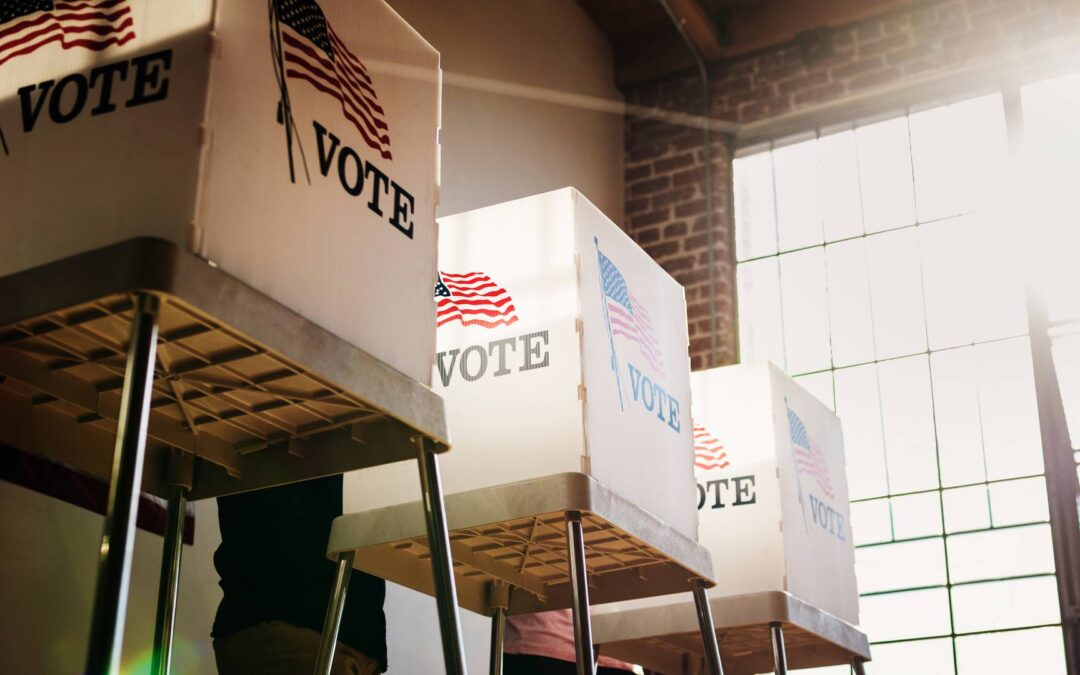The 2016 U.S. presidential election raised significant concerns among academics, political observers, policymakers, and others about the role social media played in the spread of misinformation during the campaign and the concurrent rise in polarization. So when Andrew Guess of Princeton’s School of Public and International Affairs was given the chance to use de-identified primary data from two of the world’s most influential platforms to study their effects on the 2020 election, he leapt at it.
“I’ve long believed that conducting on-platform experiments to study the impact of feature changes and other interventions on real-user behavior is the holy grail for research on social media and politics,” said Guess, an assistant professor of politics and public affairs at SPIA whose research bridges political communication, public opinion and political behavior. “To that end, for several years I’ve been involved with efforts to facilitate data-sharing between researchers and platforms, so when this unique opportunity arose, I was fortunate to be asked to join the project team as it was coming together.” To read the full story.

